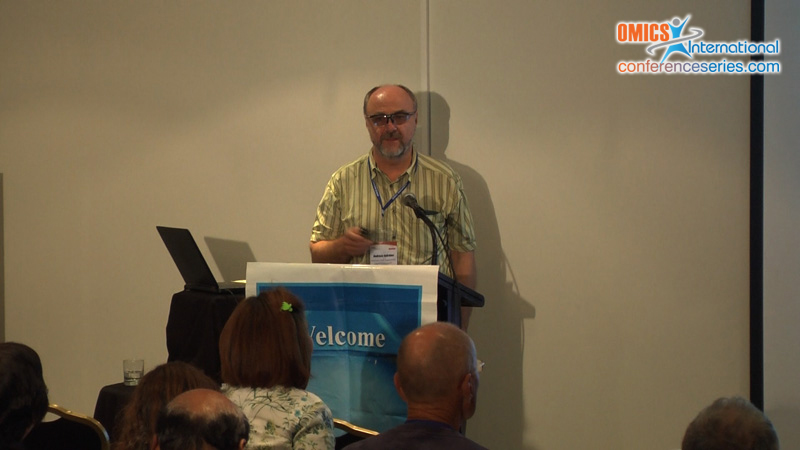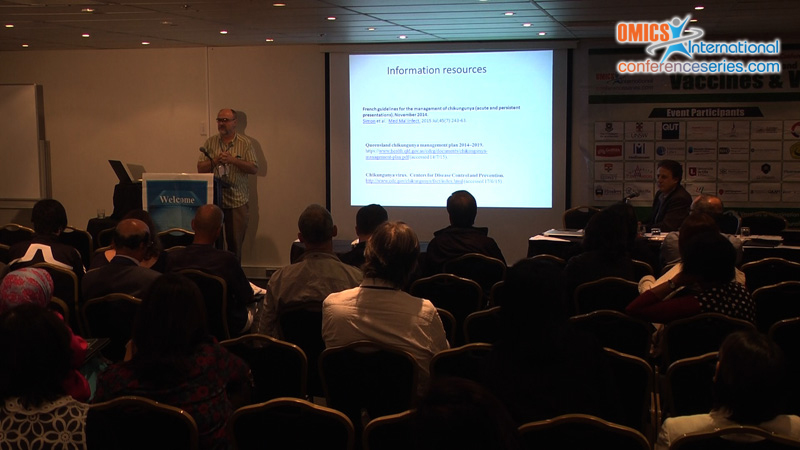
Andreas Suhrbier
QIMR Berghofer Medical Research Institute, Australia
Title: Chikungunya virus vaccines?
Biography
Biography: Andreas Suhrbier
Abstract
Chikungunya virus is a mosquito borne alphavirus (related to the Australian Ross River virus) which has recently re-emerged to produce the largest epidemic ever recorded for this virus, with recent outbreaks in the Caribbean (with an estimated 1 million cases) and in Papua New Guinea and the Pacific Islands. The virus produces a predominantly rheumatic disease, with acute and chronic polyarthritis/polyarthralgia the dominate symptom. A range of vaccines have been developed, with neutralising antibodies against the E1/E2 heterotrimeric surface glycoproteins appearing to be sufficient for protection against viraemia and disease. Although correlates of protection appear clear, the pernicious nature of outbreaks presents a major hurdle for commercial vaccine development. Epidemics of chikungunya virus disease have emerged every 2-50 years, with all continents (aside from Antarctica) affected by one or more outbreak; such epidemiology clearly complicates logistics associated with vaccine testing and deployment 1. The main disease burden is arguably the chronic rheumatic disease, which can last months, occasionally over a year. Chronic disease appears to be due to the persistence of viral RNA and protein in joint tissues, with macrophages believed to be the cell type involved 2. Why the normally robust host immune response is unable to clear the virus is unclear. Whether therapeutic vaccines might help clear persistent virus is also unclear. References: 1. Suhrbier et al. 2012. Arthritogenic alphaviruses - an overview. Nat Rev Rheumatol. 8(7):420-9. 2. Poo et al. 2014. Multiple immune factors are involved in controlling acute and chronic chikungunya virus infection. PLoS Negl Trop Dis. 8(12):e3354
Speaker Presentations
Speaker PPTs Click Here


